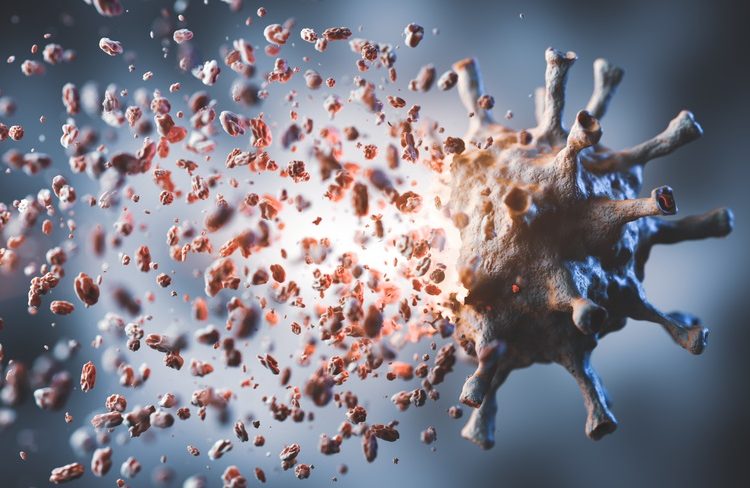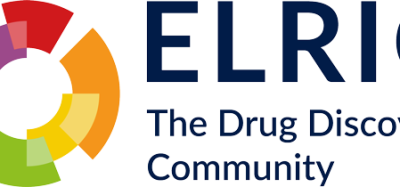Seaweed extract outperforms remdesivir as COVID-19 therapy in vitro
Posted: 27 July 2020 | Victoria Rees (Drug Target Review) | No comments yet
According to new research, sulfated polysaccharides extracted from seaweed were more effective at inhibiting SARS-CoV-2 infection in mammalian cells than remdesivir.


A group of researchers has found that an extract from edible seaweeds can outperform remdesivir in vitro as an antiviral agent against SARS-CoV-2, the virus causing COVID-19.
The team, from Rensselaer Polytechnic Institute in the US, also discovered that heparin, a common blood thinner, and a heparin variant stripped of its anticoagulant properties, performed roughly on par with remdesivir in inhibiting SARS-CoV-2 infection in mammalian cells.
According to the researchers, the Spike (S) protein on the surface of SARS-CoV-2 latches onto the ACE-2 receptor, a molecule on the surface of human cells. Once secured, the virus inserts its own genetic material into the cell, hijacking the cellular machinery to produce replica viruses. However, the virus could be tricked into locking onto a decoy molecule that offers a similar fit. The neutralised virus would then be trapped and eventually degrade naturally.
Previous research has shown this decoy technique works in trapping other viruses, including dengue, Zika and influenza A.
“We’re learning how to block viral infection and that is knowledge we are going to need if we want to rapidly confront pandemics,” said lead researcher Professor Jonathan Dordick. “The reality is that we do not have great antivirals. To protect ourselves against future pandemics, we are going to need an arsenal of approaches that we can quickly adapt to emerging viruses.”
The researchers tested the antiviral activity of three variants of heparin (heparin, trisulfated heparin, and a non-anticoagulant low molecular weight heparin) and two fucoidans (RPI-27 and RPI-28) extracted from seaweed. All five compounds are long chains of sugar molecules known as sulfated polysaccharides, a structural conformation that the results of a previous study suggested as an effective decoy.
The team performed a dose response study known as an EC50 (effective concentration of the compound that inhibits 50 percent of viral infectivity) with each of the five compounds on mammalian cells. For the results of an EC50, which are given in a molar concentration, a lower value signals a more potent compound.
They found that RPI-27 yielded an EC50 value of approximately 83 nanomolar, while a similar previously published and independent in vitro test of remdesivir on the same mammalian cells yielded an EC50 of 770 nanomolar. Heparin yielded an EC50 of 2.1 micromolar, or about one-third as active as remdesivir and a non-anticoagulant analogue of heparin yielded an EC50 of 5.0 micromolar, about one-fifth as active as remdesivir.
A separate test found no cellular toxicity in any of the compounds, even at the highest concentrations tested.
“What interests us is a new way of getting at infection,” said researcher Professor Robert Linhardt. “The current thinking is that the COVID-19 infection starts in the nose and either of these substances could be the basis for a nasal spray. If you could simply treat the infection early, or even treat before you have the infection, you would have a way of blocking it before it enters the body.”
Dordick added that compounds from seaweed could serve as a basis for an oral delivery approach to address potential gastrointestinal infection.
“One thing that’s become clear with this study is that the larger the molecule, the better the fit. The more successful compounds are the larger sulfated polysaccharides that offer a greater number of sites on the molecules to trap the virus,” Dordick concluded.
The results were published in Cell Discovery.
Related topics
Drug Development, Drug Discovery, Drug Targets, Research & Development, Target Molecule, Therapeutics
Related conditions
Coronavirus, Covid-19
Related organisations
Rensselaer Polytechnic Institute
Related people
Professor Jonathan Dordick, Professor Robert Linhardt








